COVID-19: No more 'normal' for aviation
At first, COVID-19 looked like previous crises: a hit to traffic and revenue followed by a return to normal, even if there was uncertainty about the depth and duration of the hit.
The revenue reduction faced by airlines this year as a result of COVID-19 far exceeds the impact from previous crises. It has the dimensions of a world war. Furthermore, a global recession is now coming in 2020/21 and this means that a recovery will take longer.
Moreover, even after recovery, 'normal' will not be the same as before. There are likely to be lasting impacts on demand for air travel. As a result of lockdowns, or near lockdowns, across the planet, people are fast learning new ways to live their lives, both at work and at leisure.
More than ever before, technology is now a more realistic and more widely used substitute instead of business travel by air. Even after COVID-19 has passed, aviation may also face a residual loss of confidence from passengers over travel, for fear of close contact with others.
In addition, the crisis may give an additional push to environmental campaigns against aviation.
TO READ ON, VISIT: COVID-19: No more 'normal' for aviation
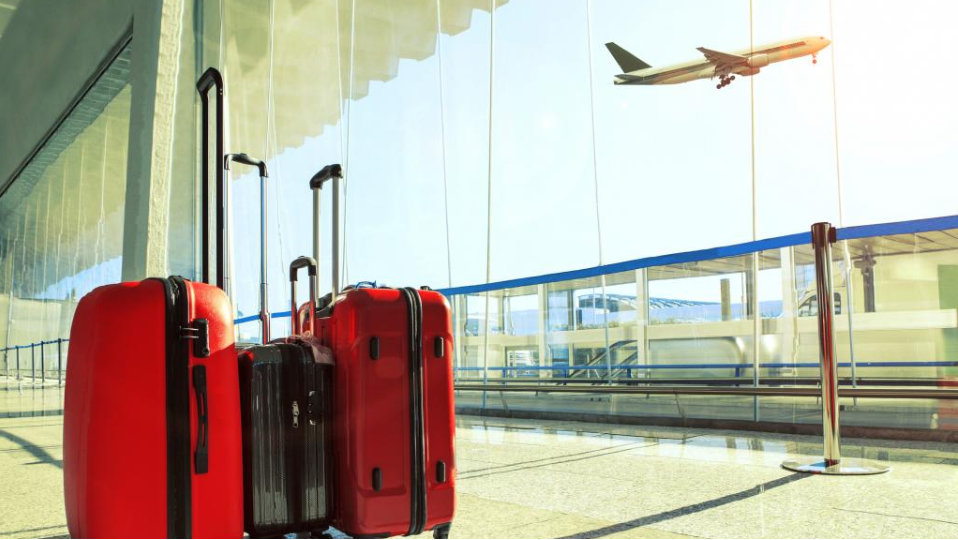
COVID-19: Forward indicators for Australia aviation & travel
In projecting likely outcomes as the COVID-19 coronavirus disrupts all previous predictions, CAPA has turned to our data partners,some of the best forward indicator data sources in aviation: OAG, schedules; 3Victors, travel searches; ForwardKeys, forward bookings; and PredictHQ, conferences and events.
At this stage in the rollout of the worst threat to the industry in modern aviation, many of the indicators are predictable, airline seats are being grounded, travel searches are confounded by the absence of real travel options, with a similar impact on forward bookings; conferences and events equally are almost uniformly being cancelled or postponed.
But, as can be seen below there are some very modest indications of hope for the coming months - which we shall track as they mature into a real recovery. When those forward looking results start to offer guidance to future actions, their full value will emerge.
For now, as PredictHQ suggests below, "the good news for airlines is that the vast majority of the events have been postponed", rather than being cancelled, so once the revised dates start to firm up, the outlook brightens considerably. The effects on the airline industry will then be indicated by 3Victors and ForwardKeys as the news translates into buyer activity.
TO READ ON, VISIT: COVID-19: Forward indicators for Australia aviation & travel
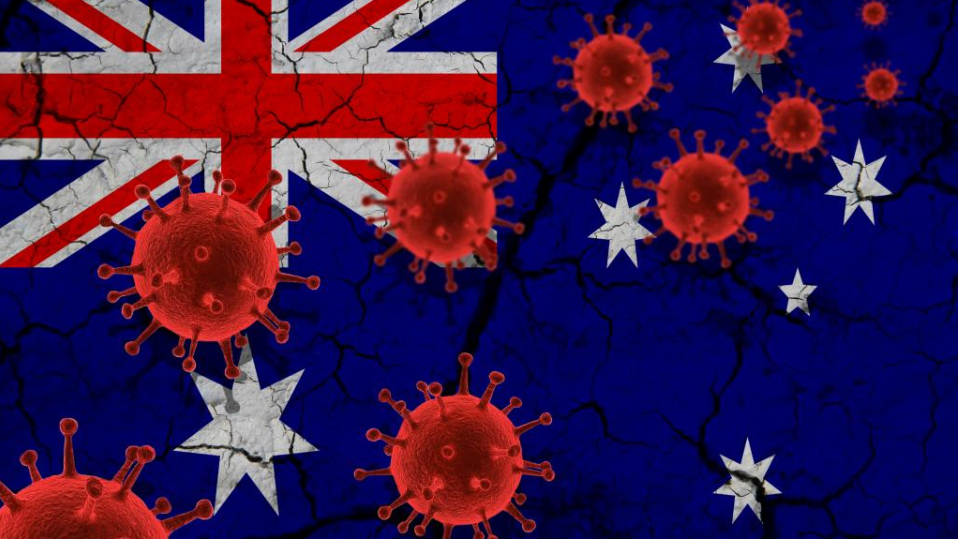
COVID-19: Brazil charts its own course to combat aviation crisis
Latin America's largest aviation market, Brazil, is opting not to follow the lead of some governments in the region in completely shutting off their domestic air operations.
Instead, Brazil is offering a bare minimum of domestic service, and has emerged as one of the few governments in Latin America offering some sort of direct assistance to airlines.
Even as Brazil's domestic airspace remains open the capacity cuts by the nation's airlines are stark, with Azul and GOL cutting their supply by 90% or more.
There is no way to predict accurately when the global aviation industry will return to normal, but Azul is holding a positive view that it could possibly be close to a full schedule in Jul-2020, in a current scenario where COVID-19 is a challenge for two to three months.
There have been some dire predictions about the survivability of Latin Airlines after the COVID-19 crisis is over, but at this point in time Brazil's major airlines seem reasonably well positioned to endure the fallout from the pandemic. However, that could quickly change, given the extremely fluid situation caused by the virus' spread.
TO READ ON, VISIT: COVID-19: Brazil charts its own course to combat aviation crisis

Why Australia needs Virgin Australia to survive
Australia is fortunate in being able to boast perhaps the most efficient and best managed airline in the world. Qantas is by many measures a leader - in establishing the highly successful dual brand, with Jetstar, in its international strategy, an unmatched frequent flyer programme and data aggregation capability, a powerful distribution strategy….the list goes on. And it has a remarkably strong balance sheet, with provisions made to weather a long storm.
Qantas also dominates the Australian domestic air services market at all levels, owning more than two thirds of it, and much more in some pockets.
That includes regional markets, tourism markets and, above all the almost AUD10 billion corporate market, where it holds about a 90% share.
Internationally it also has a selection of valuable routes, such as the US, as well as very strong airline partnerships.
In those circumstances, does Australia need a strong second airline? Should Virgin Australia be bailed out?
TO READ ON, VISIT: Why Australia needs Virgin Australia to survive
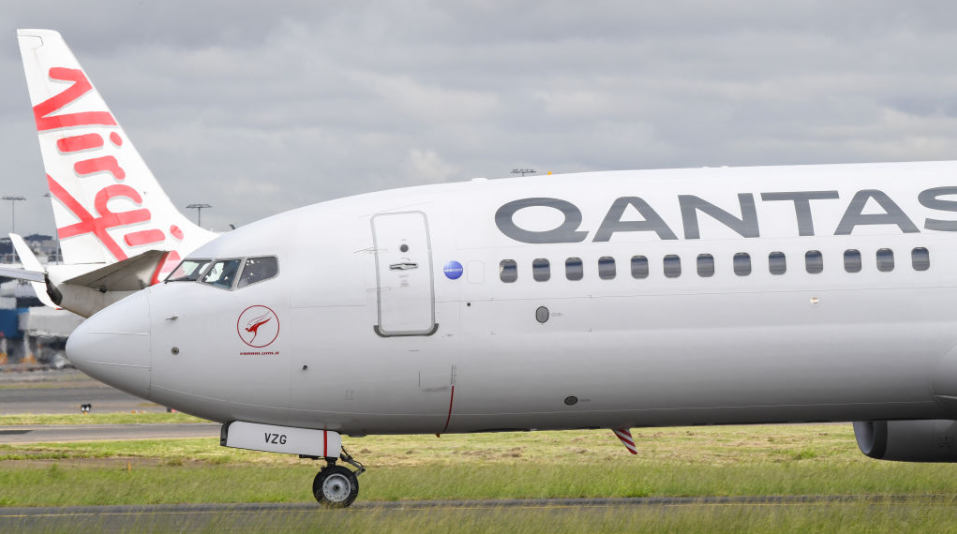
COVID-19: Canada's major airlines better positioned for survival
As COVID-19 coronavirus continues to wreak havoc on the global aviation and travel industries, Canada's airlines are joining their counterparts worldwide in significantly pulling down their operations.
Passenger operations at the company's largest airline, Air Canada, are essentially coming to a standstill, and other Canadian airlines have also been forced to cut the bulk of their operations.
As is the case in other regions around the world, it is unpredictable how the Canadian aviation industry will have changed once the COVID-19 crisis is over, but it is likely that not all current operators will survive.
TO READ ON, VISIT: COVID-19: Canada's major airlines better positioned for survival
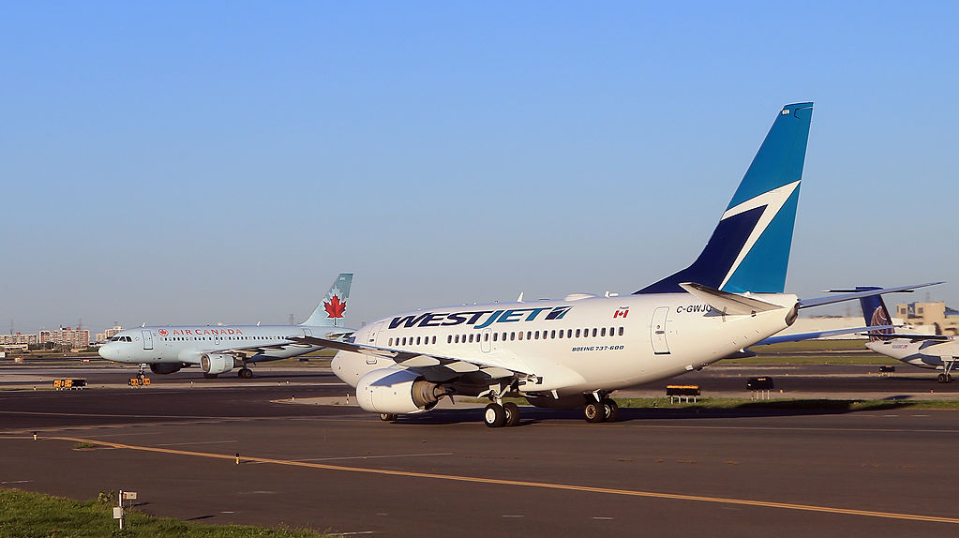
COVID-19: SIA Group the big winner in Asia-Pac bailouts
With aviation and travel featuring very high on its government agenda, Singapore Airlines now looks well positioned to emerge from the coronavirus crisis as an industry leader. Other governments across the Asia Pacific region are taking steps to support the airline industry during the COVID-19 crisis, but in most cases the steps taken to date are timid and, so far, inadequate.
Some governments moved early to introduce packages based on waivers of fees and charges, and state-backed loans for airlines have also been offered. A handful are following up these efforts with more direct forms of financial aid for carriers, with more being likely to follow.
Such steps can risk distorting the market, and generally it is not ideal for governments to be picking winners and losers in such a globally connected industry.
But the playbook has been thrown out of the window due to the sheer scale of the industry shock. Governments with the greatest appetite - and capability - to support their airlines could be a major factor in determining which carriers are in the strongest position when the pandemic eases.
Sometimes a blunt instrument is the best weapon available - regardless of the effect on the long term market profile.
TO READ ON, VISIT: COVID-19: SIA Group the big winner in Asia-Pac bailouts
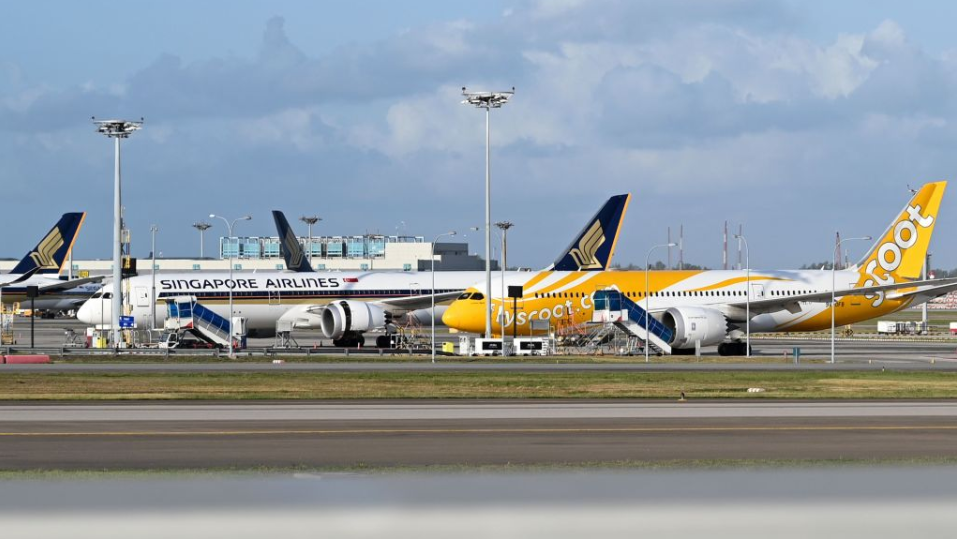
COVID-19: Travel search. How repatriation became the main driver
As the COVID-19 coronavirus quietly emerged from the shadows in Wuhan and the news started to spread, CAPA's analysis shows airline searches ("shopping") closely tracked its development, as illustrated in 3Victors data.
IATA director general and CEO, Alexandre de Juniac, said on 24-Mar-2020 that "the airline industry faces its gravest crisis". The same applies to most facets of the travel and tourism sector.
As much of the world has gone into lockdown, a steady decline in travel searches across the major GDSs could have been expected. Mostly that has been the case, but CAPA's analysis of searches recorded by the travel big data technology company, 3Victors, shows some interesting trends, where travel searches have spiked exponentially at key times as the pandemic has spread across the globe.
The pandemic's spread highlights how the coronavirus crisis has influenced travel searches for flights, based on this data.
TO READ ON, VISIT: COVID-19: Travel search. How repatriation became the main driver

COVID-19: Airport investments no longer so risk free
"Don't put your daughter on the stage, Mrs Worthington", was the advice in Noel Coward's 1935 song. "The profession's overcrowded and the struggle's pretty tough". The struggle goes on, and it still holds true. Right now there are no stages.
The recommendation could just as easily be "don't let your daughter buy airport shares", because while they have always been regarded highly for their longevity and staying power, 2020 - a year everyone wants to forget even while it is only three months old, thanks to Sars-CoV-2 (as it is technically known: the medical syndrome COVID-19 is to the Sars-CoV-2 virus what Aids is to HIV) - is a completely different ball game from anything that has gone before, with airport equity in free fall.
The struggle is pretty tough here too, but the skies are anything but overcrowded. There are, though, some glimpses of light at the end of the tunnel.
TO READ ON, VISIT: COVID-19: Airport investments no longer so risk free
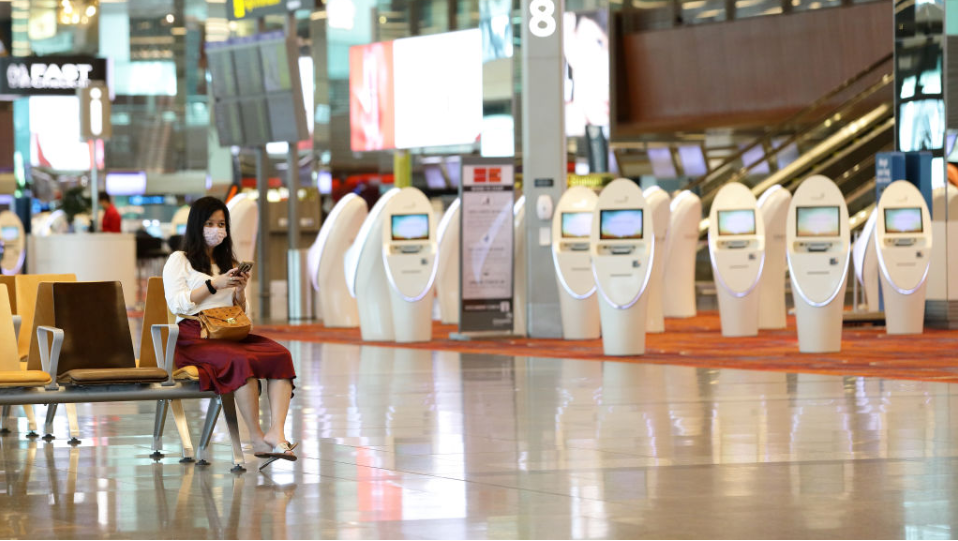
COVID-19: US airlines evaluate pros and cons of government aid
As demand for air travel continues to hit nearly zero and estimates for a recovery continue to move the right, US airlines are quickly evaluating how to utilise a package offered by the country's government designed to keep their workers employed. And, if airlines agree, how to make use of loans with strings attached that could ultimately be deemed unattractive, including the result that the government potentially takes stakes in airlines.
The industry's participation in the government's support package remains tough to predict. It is a safe assumption that most airlines have no desire for the government to have a direct say in how they run their respective businesses, especially when the new normal of post-COVID-19 settles in.
Before the onset of the crisis most US airlines had reasonable liquidity positions, and they have rushed to the markets to access more cash to withstand the pandemic.
But credit markets will quickly dry up, and now airlines have to look into a murky crystal ball to determine whether their current liquidity levels will enable them to overcome the crisis without tapping federal loans.
TO READ ON, VISIT: COVID-19: US airlines evaluate pros and cons of government aid
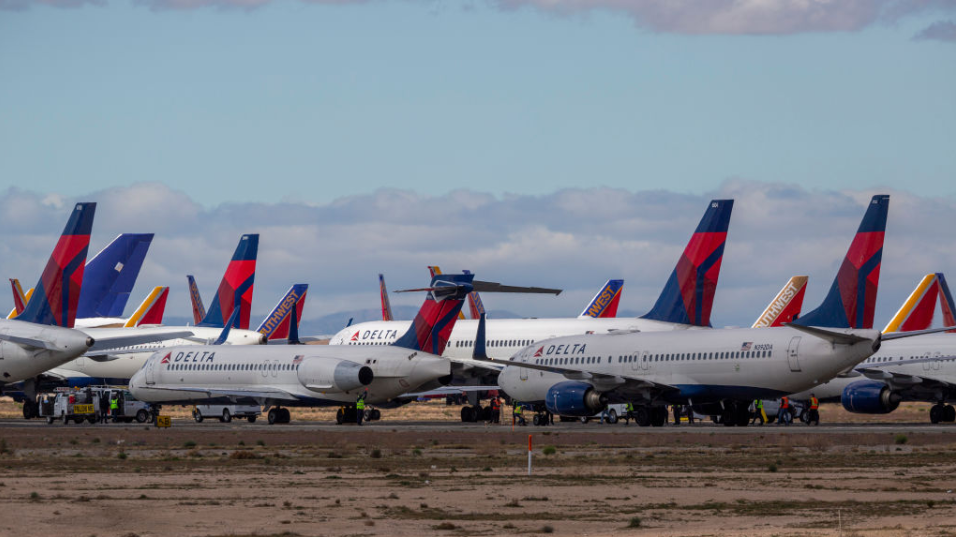
COVID-19: Island nations' serious loss of air services. Part 1
When the General Manager of Atlanta Hartsfield-Jackson International Airport, the world's busiest, reports an 85% year-on-year decline in passengers since the coronavirus outbreak, says revenue could be down by 50% or more, and that the airport normally services 26,000 flights per day but it has decreased to 1200, and "those flights are mostly empty"- you know that the aviation industry has a big problem.
But at the other end of the scale from Atlanta, in the world's small island states, particularly remote ones, for which air travel is an absolute necessity, it is much more of a problem.
An island state is a country whose primary territory consists of one or more islands or parts of islands. Broadly 25% of all independent nations are island countries.
This report looks at a selection of those states and airports, and at how they have been impacted by the COVID-19 outbreak.
TO READ ON, VISIT: COVID-19: Island nations' serious loss of air services. Part 1
